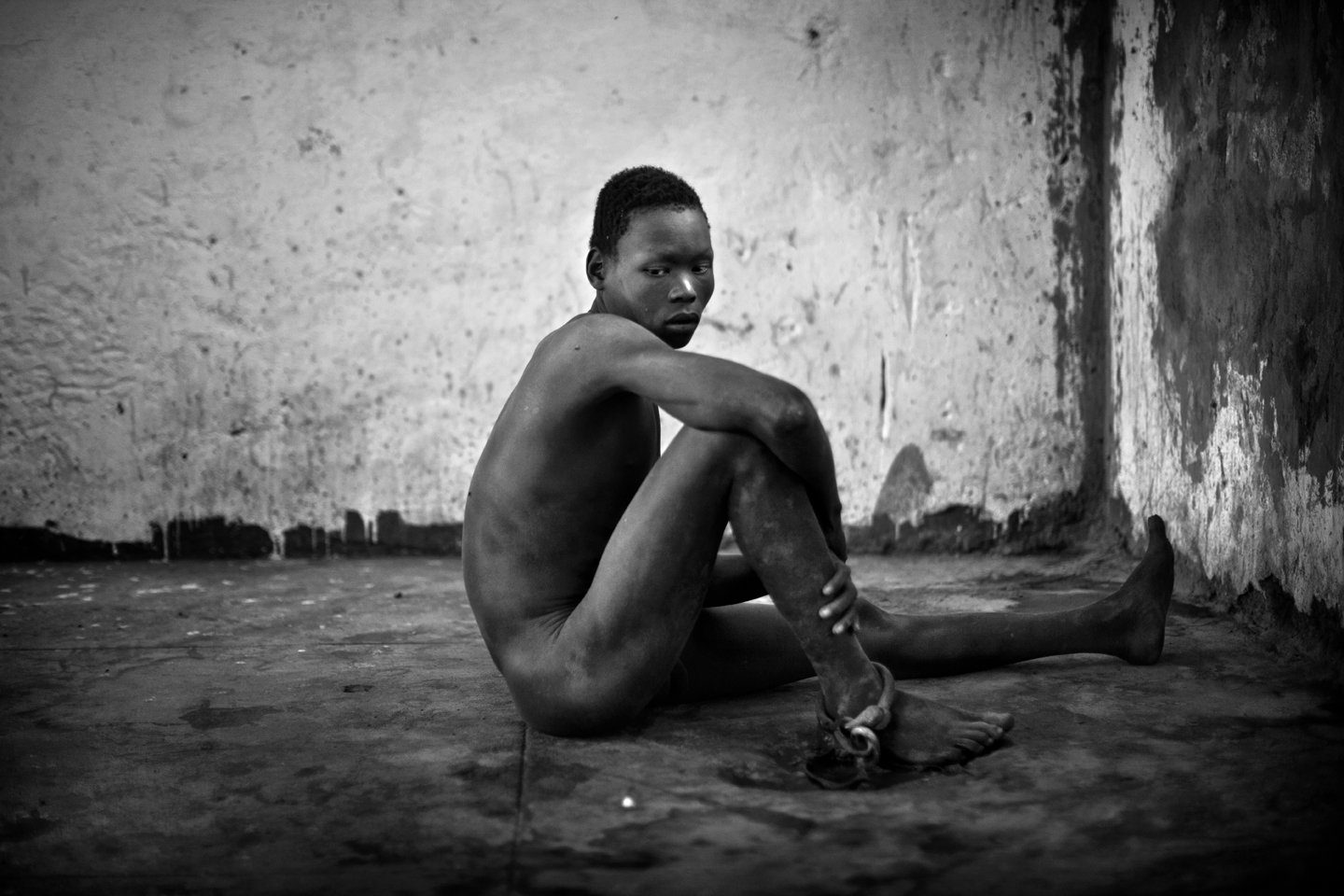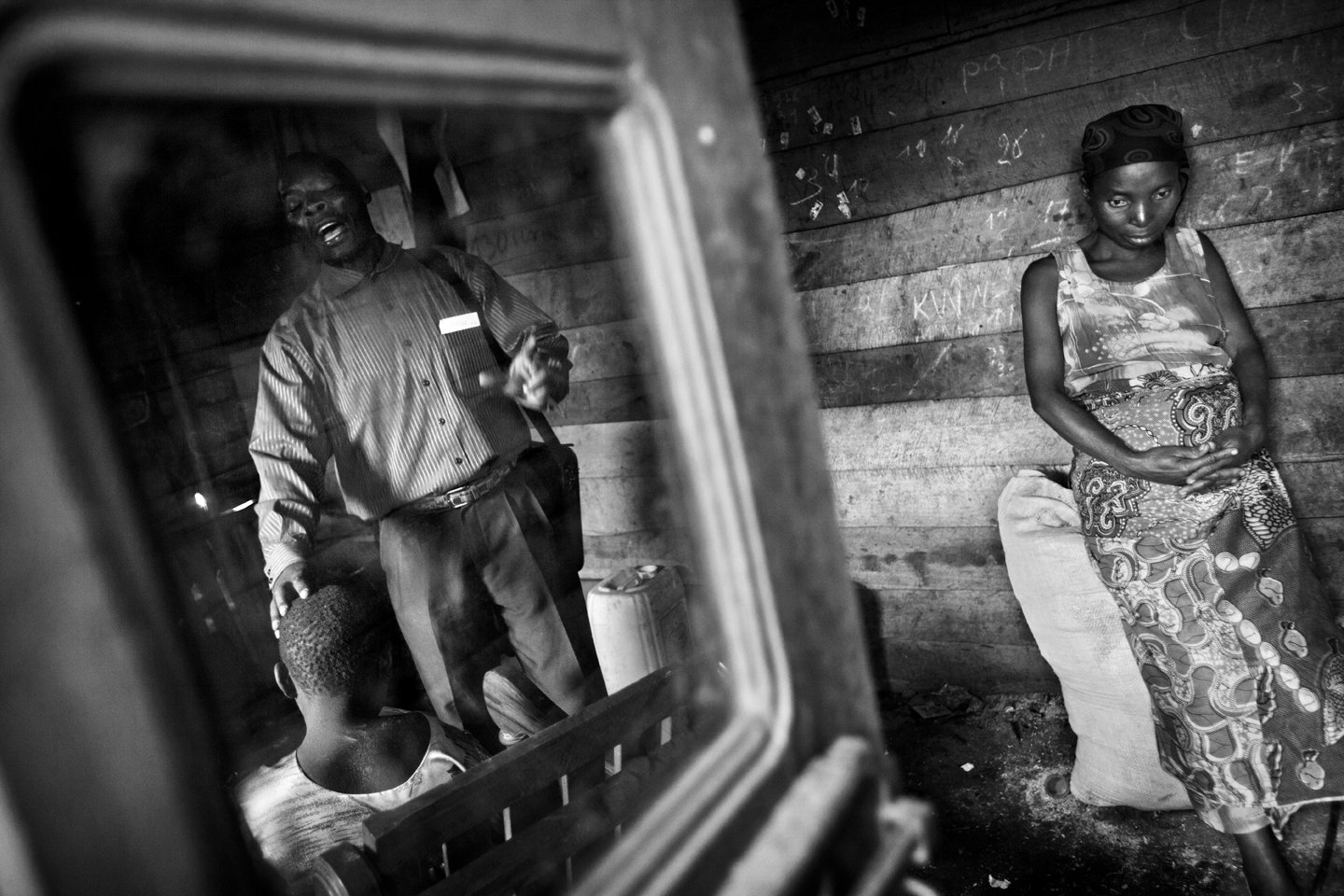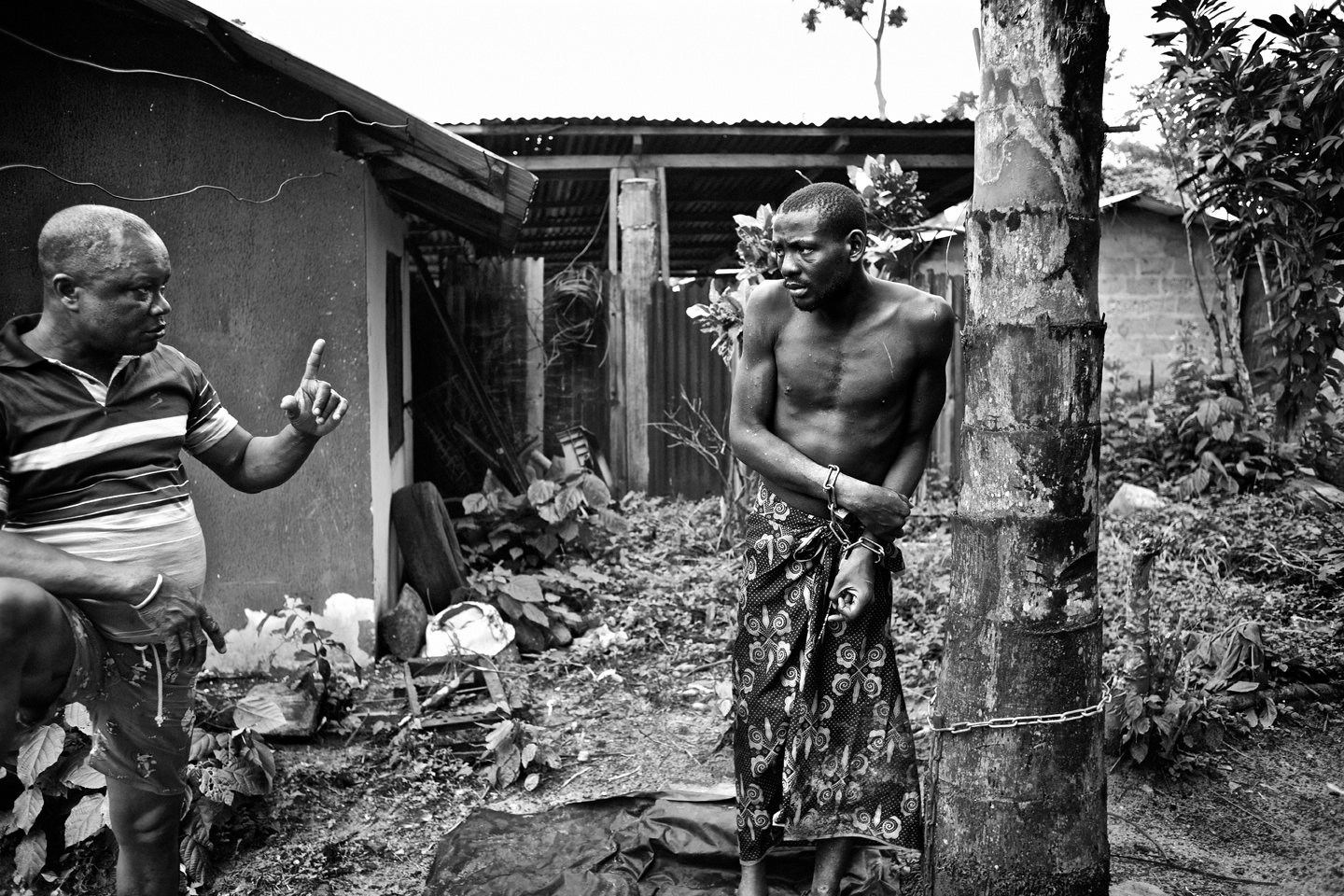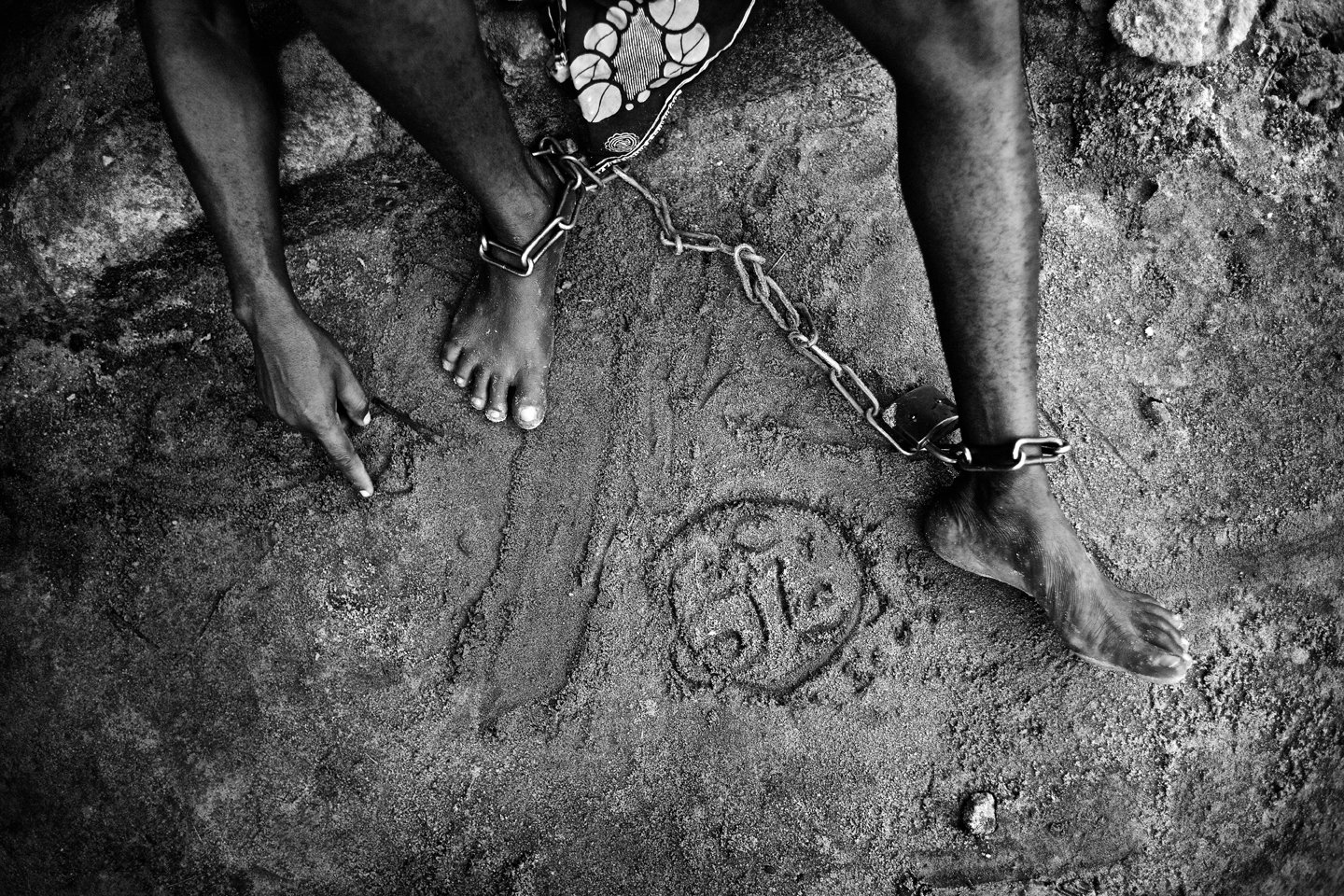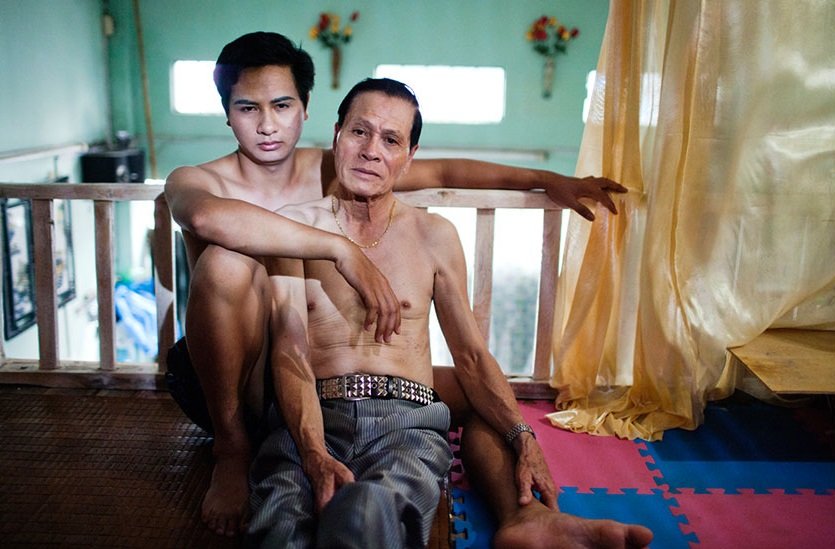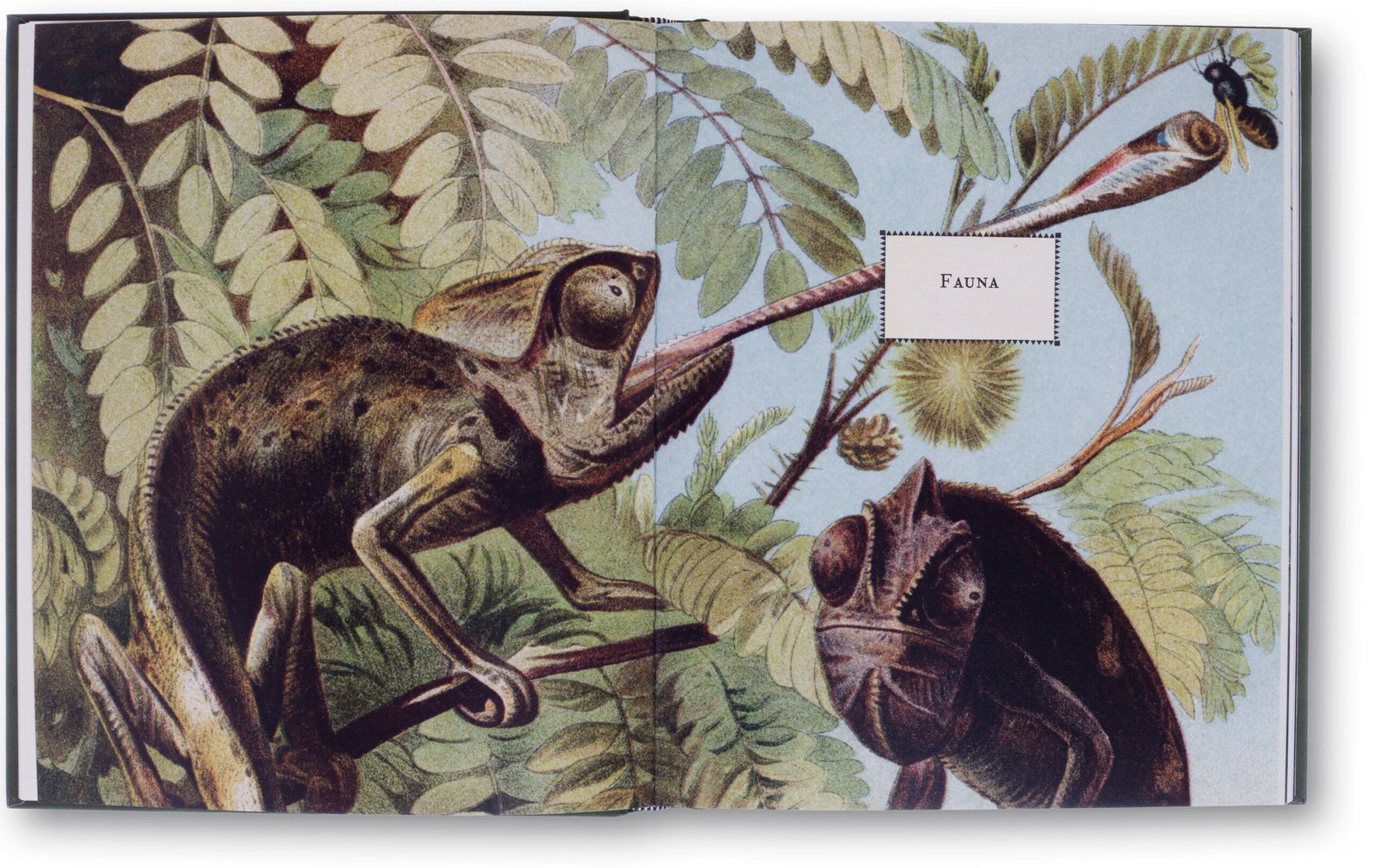New Zealand – Condemned: Mental Health in African Countries in Crisis by Robin Hammond presents a profound body of work produced over two and a half years in nine African countries. “Condemned” was selected for the 2013 FotoEvidence Book Award by a prestigious jury that included: Olivier Laurent, editor of the British Journal of Photography; Jean-Francois Leroy, founder and director Visa Pour L’image; Maggie Steber, photographer; and Patrick Witty, international picture editor at Time.
Svetlana Bachevanova, publisher of FotoEvidence, announced the release of “Condemned” saying, “In the third year of the FotoEvidence Book Award, FotoEvidence is extremely proud to again be publishing a powerful and important work that gives voice and draws attention to the plight of some of the most vulnerable people in the world. ‘Condemned’, shot over seven years in nine countries in Africa, embodies Hammond’s profound commitment to expose the mental health consequences of conflict and his deep compassion for those left permanently scarred and without the care needed to heal.”
 This Government run facility in the Niger Delta town of Eket is meant to be a Psychiatric hospital. In reality it is a prison. The oil industry that has brought billions of dollars into the Nigerian economy has arguably been a disaster for the Delta region from where it is extracted. Corruption, mass inequality and violence have plagued the region ever since the discovery of the resource. The Niger Delta, Nigeria. October 2012. Photo Robin Hammond/Panos
This Government run facility in the Niger Delta town of Eket is meant to be a Psychiatric hospital. In reality it is a prison. The oil industry that has brought billions of dollars into the Nigerian economy has arguably been a disaster for the Delta region from where it is extracted. Corruption, mass inequality and violence have plagued the region ever since the discovery of the resource. The Niger Delta, Nigeria. October 2012. Photo Robin Hammond/Panos
Robin was also recently awarded this year’s $30,000 W.Eugene Smith Grant in Humanistic Photography during a ceremony at School of Visual Arts in New York. Hammond captures both the deplorable conditions that the mentally ill endure and the overwhelming challenge that mental health workers face with limited resources and inadequate or failed systems health care systems in which the mentally ill have the lowest priority.
Interviews with both the incarcerated mentally ill and those working to heal them – secular mental health workers and both Christian and Muslim faith healers – provide blunt evidence of the past trauma and current suffering of his subjects and the challenges and frustration of those struggling with limited resources to find ways to address the needs of vast numbers of mentally ill. Shame and prejudice based on traditional and religious beliefs about mental illness add cultural obstacles to the effective treatment of the mentally ill in many regions of Africa.
 Due to insufficient staff numbers, family members are encouraged to stay with patients at Brothers of Charity Sante Mental. This relative would often beat, tie up and drag the patient when she did not obey his instructions. Goma, The Democratic Republic of Congo. June 2011. Photo Robin Hammond/Panos
Due to insufficient staff numbers, family members are encouraged to stay with patients at Brothers of Charity Sante Mental. This relative would often beat, tie up and drag the patient when she did not obey his instructions. Goma, The Democratic Republic of Congo. June 2011. Photo Robin Hammond/Panos
The hardbound book measures 8 inches by 12 inches, with a matt laminated cover. It contains 89 black and white images, an introduction by the photographer and raw fragments of interviews conducted with patients, care givers, healers, and mental health administrators. Printed on 100lb paper on a Heidelberg press at Ofset Yapimavi in Istanbul, the photographs bring a rich aesthetic feel to a subject matter that could be considered harsh and disturbing.
Condemned includes work shot in: the Democratic Republic of the Congo, Kenya, Liberia, Nigeria, Sierra Leone, Somalia, Somaliland, South Sudan and Uganda. Hammond produced this work over a period of seven years using his own resources, support from the Pulitzer Center for Crisis Reporting, and finally using crowd funding to complete the project.
